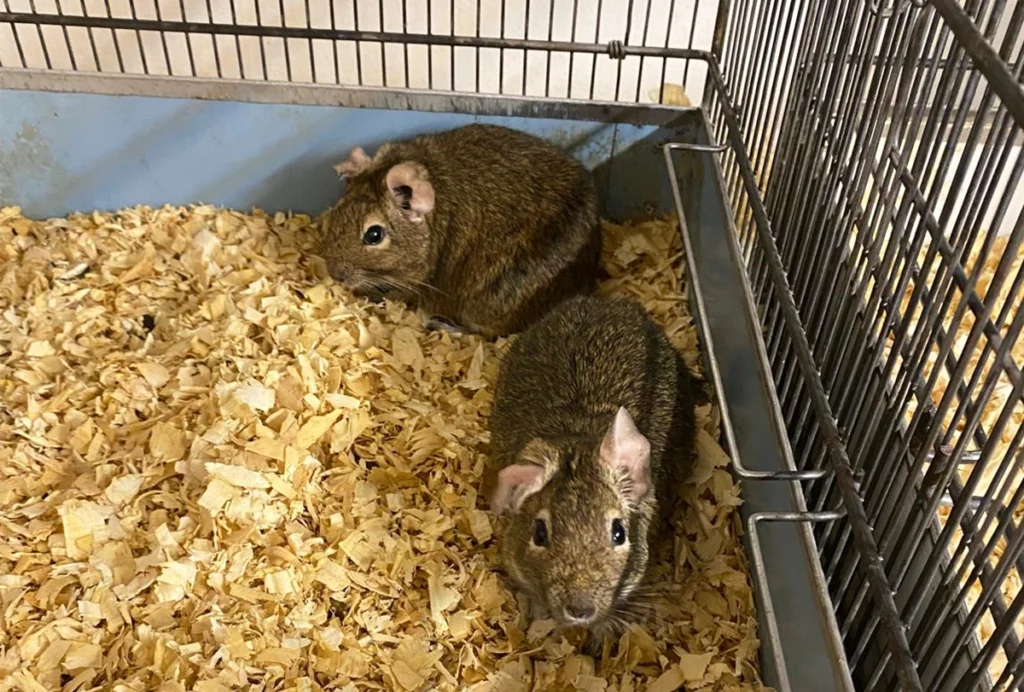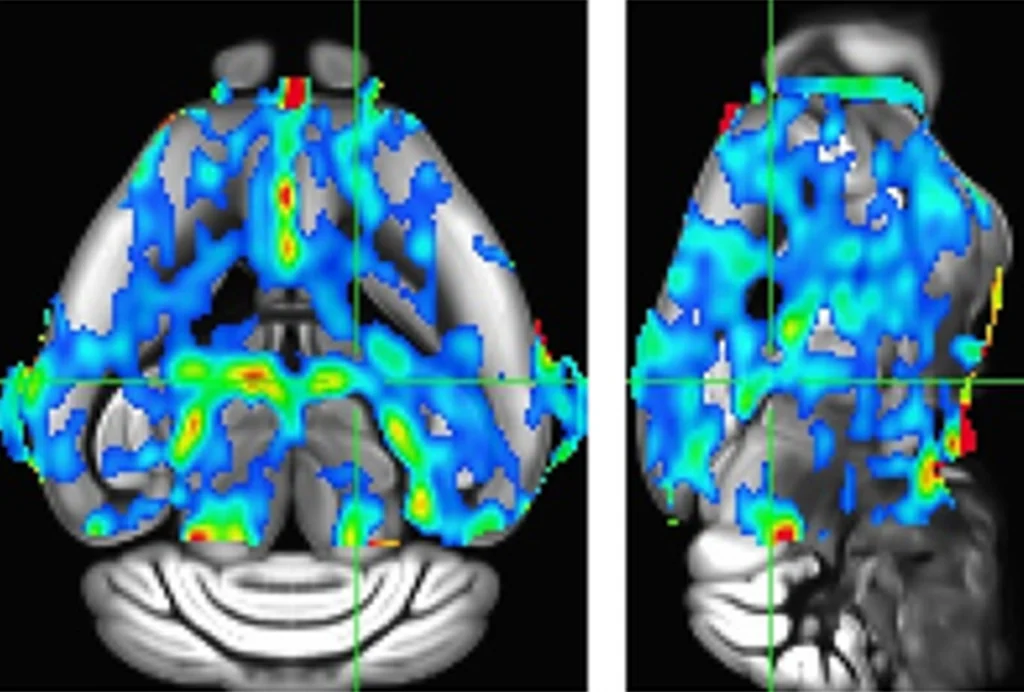Dairy-free diets
Among many parents of children with autism, food free from wheat and dairy is considered one of the most effective ways to improve the symptoms of autism ― despite little solid evidence to support that claim.

ca8f35b8-db07-8874-554a-e9ce858a1262.jpg
Among many parents of children with autism, food free from wheat and dairy is considered one of the most effective ways to improve the symptoms of autism ― despite little solid evidence to support that claim.
Given the dietʼs popularity, though, itʼs clear that whatʼs needed are studies that look rigorously at the effects of the diet on children with autism to settle the matter one way or another.
Earlier this month, researchers at the University of Texas Health Science Center in Houston set out to do exactly that. They plan to enroll 38 children with autism ranging in age from 3 to 9 years, all of whom will get a gluten- and dairy-free diet before the study.
During the four weeks of the study itself, half of the children will be given gluten and milk powder, and half given a placebo powder. The researchers will then assess the childrenʼs urine for gastrointestinal changes, and their behavior with standard tests.
The premise underlying the special diet is that gluten, a protein found in wheat, and casein and whey, proteins found in milk, escape from the gut and enter the brain, where they trigger autism-like behaviors. This ‘leakyʼ gut hypothesis is becoming increasingly popular among some scientists, who say it may play a role in at least a small subset of children with autism.
Explore more from The Transmitter

How inbreeding almost tanked an up-and-coming model of Alzheimer’s disease

